In This Issue
- New Things Going On With The Major
- Faculty Spotlight
- Alumni Spotlight
- Student Spotlight
- Club Updates and More
New Things Going on in the Major
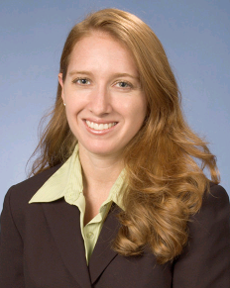
During summer semesters, ECON 460 (Sports Economics) is being taught by Professor Phil Stuczynski. In this course, students learn the economics of running a sports league or team and the decisions that owners must make. Course topics include managerial, labor, and public economics. Students also will delve into the supply and demand of sports and its teams.
Dr. Ken Louie, director of the Economic Research Institute of Erie (ERIE), is working on several research projects that provide analysis of timely topics of interest to the local community and will potentially yield important policy implications. These include research for the Erie housing market, the role of small-farm producers, and the degree and impact of income inequality in metro areas. The student research assistants at ERIE are also busy updating our ERIE Guide to the Erie Economy with the latest data, and we are preparing to publish a new edition soon.
—Dr. Kerry Adzima, Associate Professor of Economics, Economics Discipline Lead
Faculty Spotlight
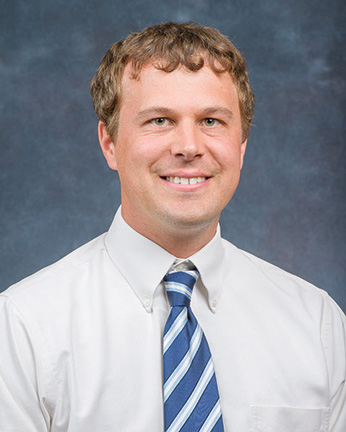
Dr. Mark Owens, Associate Professor of Economics
Dr. Mark Owens' research interests include experimental and behavioral economics and labor economics.
What do you most want economics students to know or learn?
I want students to learn how to approach finding the answers to important questions in a systematic way. Oftentimes, the difficult part is finding the appropriate information so that you have the correct comparison to reach a conclusion.
What is an interesting research project you have worked on?
I, along with two co-authors, conducted a field experiment to identify racial discrimination in online auction markets and used the data to test different economic theories of discrimination. It was a fun project because we didn’t know what to expect, and we learned more about how discrimination operates in markets.
What book should every economist read? Why?
I have two suggestions: Freakonomics, by Steven Levitt and Stephen Dubner, and Nudge, by Richard Thaler and Carl Sunstein. Both books examine real-life situations by applying economic reasoning. They present relationships that may seem strange at first but make sense when viewed through the lens of economics.
Alumni Spotlight
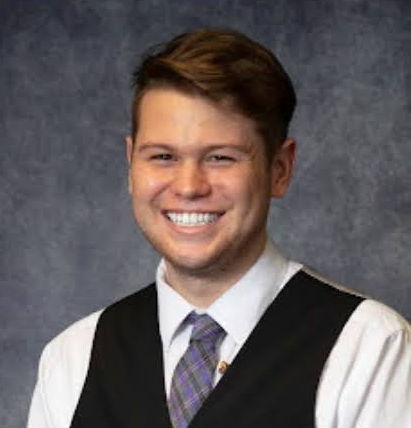
Austin Johnson ’20
Austin Johnson graduated with a degree in Business Economics and works at BNY Mellon as an operational specialist.
What is one of the most interesting/unique aspects of your job?
The most interesting thing about my job is that I always have new opportunities to grow and learn other functions of the bank that have a direct correlation with my department and area. I am able to improvise and use something from my previous experience that will assist with ensuring that the daily operations are functioning properly and all deadlines are met.
What would you tell your college self if you could go back in time?
What I would tell my college self is to not sweat the small stuff and take time to take care of yourself. You are your number one and listen to what you want rather than those around you. In the end, people come and go, but you are always stuck with your actions, so you’d better enjoy the results.
Which Behrend course(s) helped you the most in your career?
The courses that I felt helped me the most with my career were the ones with projects and deliverables because they show results and are practical applications that can be used even to this day. Some highlights are Business Forecasting, Econometrics, Behavioral Economics, and my higher-level Statistics classes.
Student Spotlight
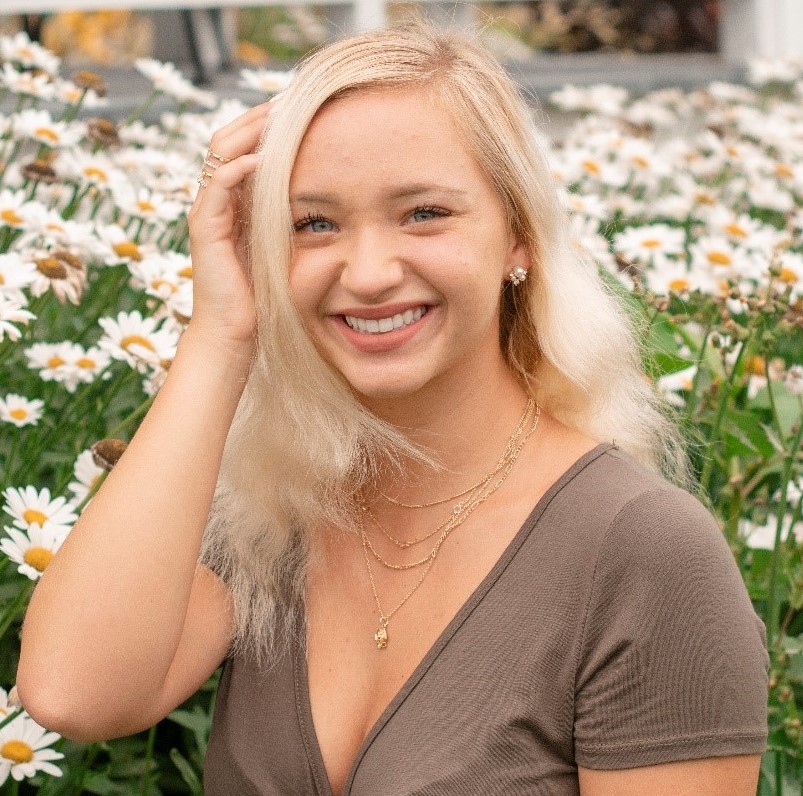
Victoria Jackson
Victoria Jackson plans to graduate in 2023 with majors in Business Economics and Finance. She has lined up an internship in asset management with PNC Bank.
What’s been your proudest moment at Behrend?
My proudest moment at Penn State is becoming an undergraduate economic research assistant as a first-semester junior. I applied for the position last minute and did not think I would receive the offer due to being a junior and having inadequate experience. I accepted the position and was so excited!
What has most surprised you about the study of economics?
My first economics class (ECON 102) opened my eyes to the true art of economics. I actually thought economics was a study in government, not business or math. Because of this first-class experience, I fell in love with the complexity that economics truly offers. Not only does economics involve math, but it also involves psychology and critical thinking.
What attracted you to Penn State Behrend?
Many facets attracted me to Penn State Behrend. One of the non-academic reasons is the “Narnian” landscape filled with pine trees and lampposts. The campus reminds me of one of my favorite movies, The Chronicles of Narnia. For an academic reason, I, obviously, chose Behrend because of the fantastic business program.
Club Updates and More
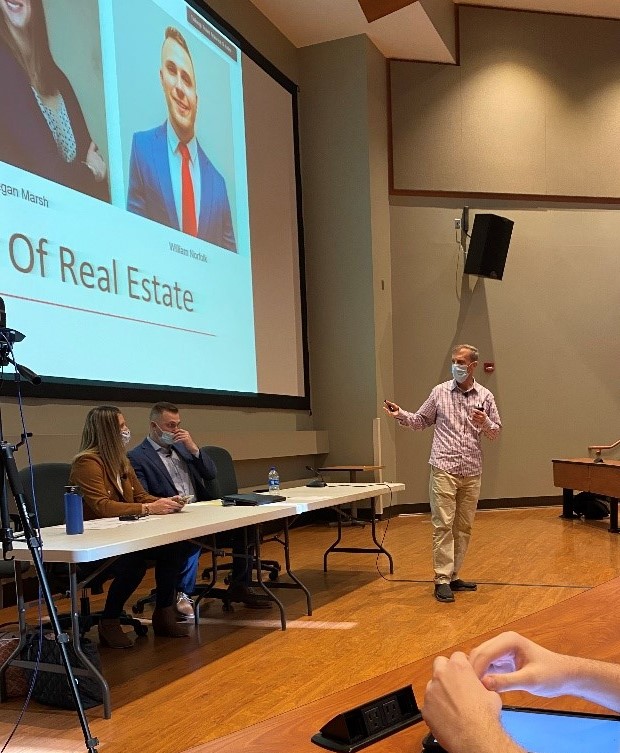
On December 2, the Society of Undergraduate Economists (SUE) hosted a panel discussion with an insurance agency owner, a real-estate brokerage owner, and a leading Erie realtor. The event lasted roughly an hour and a half, with about 70 students in attendance. Attendees learned about the process of buying a home, the importance of credit score, jobs in real estate, and renting out properties. SUE is looking at starting a series delving further into each part of the house-buying process in the spring semester.
SUE is also currently planning the Black School of Business trip to Chicago. The trip will take place during spring break, and more details will be available once planning is complete. In years past, students who have gone on the trip have gotten to meet alumni, visit important business and economic buildings, and tour the host city.
Students interested in joining can find the Society of Undergraduate Economists on BehrendSync. The club president, John Siarkowski, can be contacted with any questions about the club.